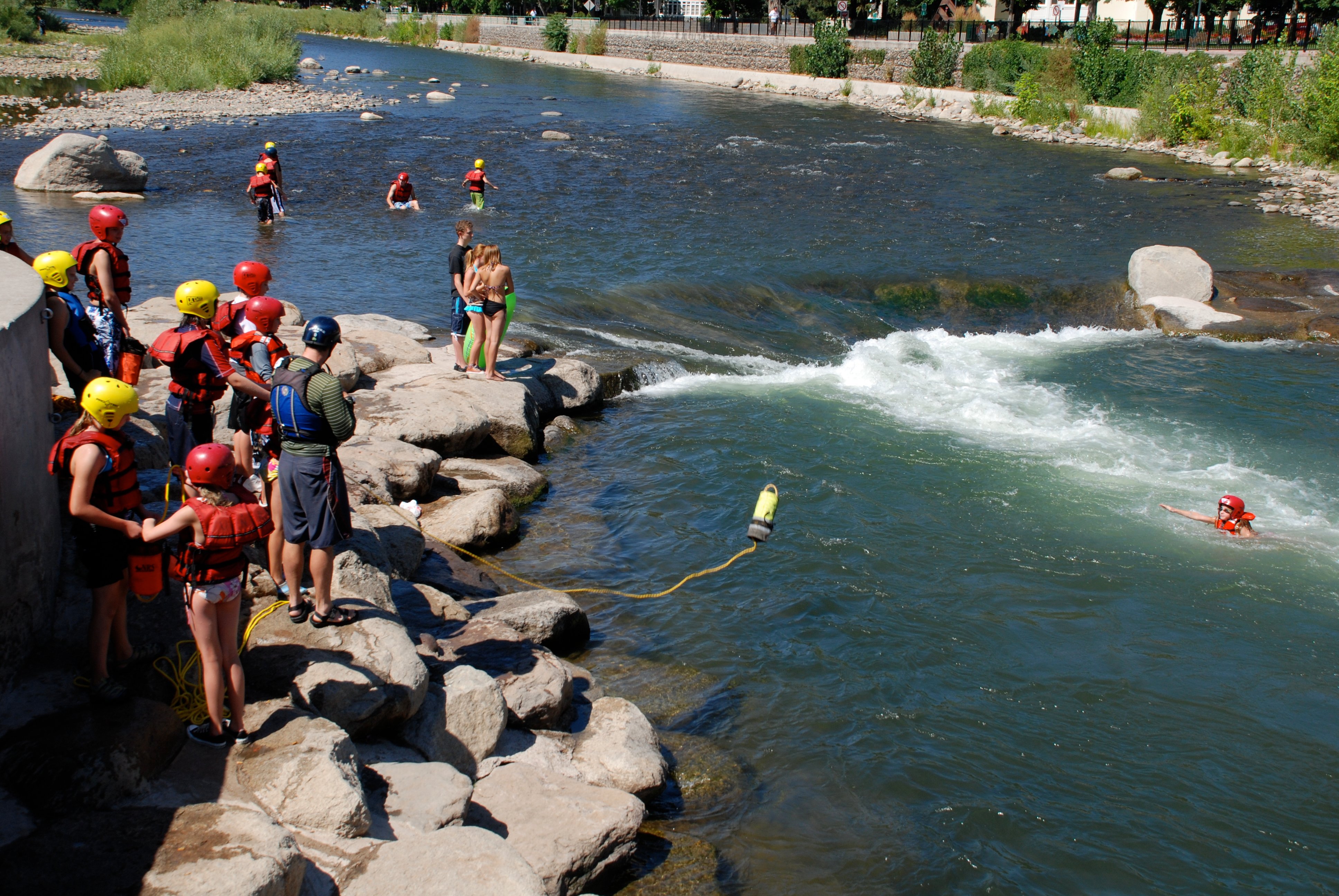The American Whitewater Accident Database catalogs over 1600 fatalities and close calls on whitewater rivers dating back to 1972. The project was initiated over 40 years ago, in 1975 when a fatality occurred due to foot entrapment at a slalom race. Charlie Walbridge was present for the race and described the risks of foot entrapment for the first time in a 1976 issue of the American Whitewater journal. Charlie continued to collect reports and share lessons through the American Whitewater Journal. In 2001 American Whitewater Safety Chair Tim Kelly led an effort to develop the American Whitewater Safety Database and in 2017 the database was further refined with enhanced search functionality through a website interface. There are three good reasons for writing (or sending in) a whitewater accident report: it provides an opportunity to get the real story out, serves as a learning opportunity that can educate the paddling community, and it facilitates dialogue with river managers and decision makers. American Whitewater depends on its members to forward the reports and information on accidents on the water. First-hand accounts are best, but information from a newspaper article or social media post often provides the initial information that ultimately leads to more in-depth review and follow up.


